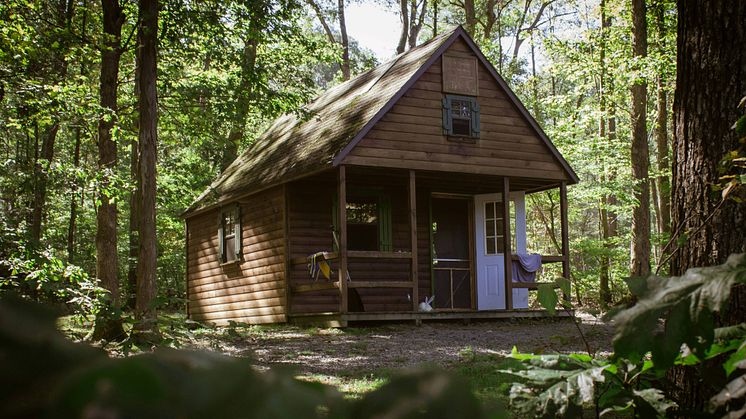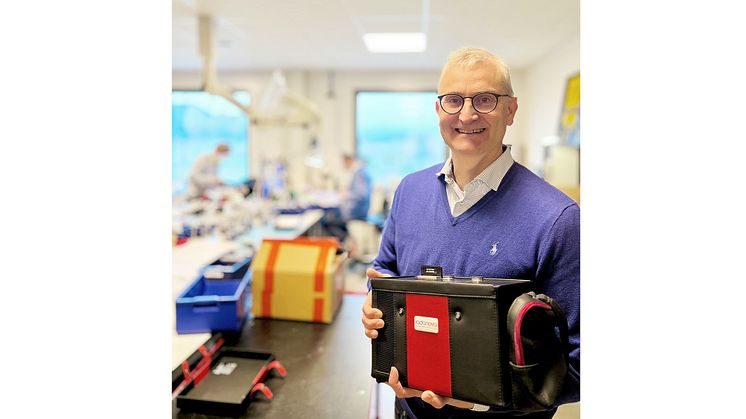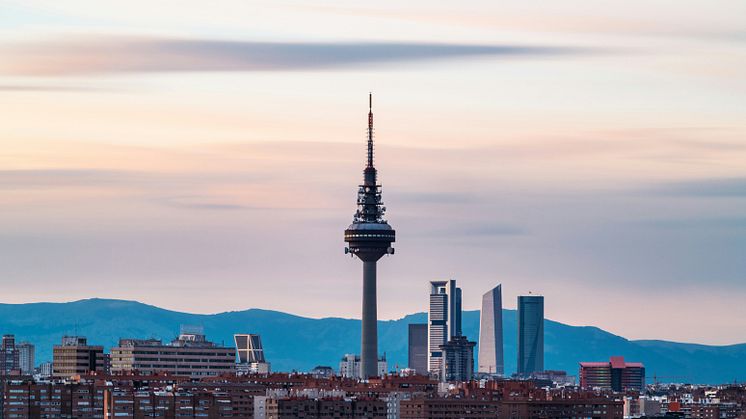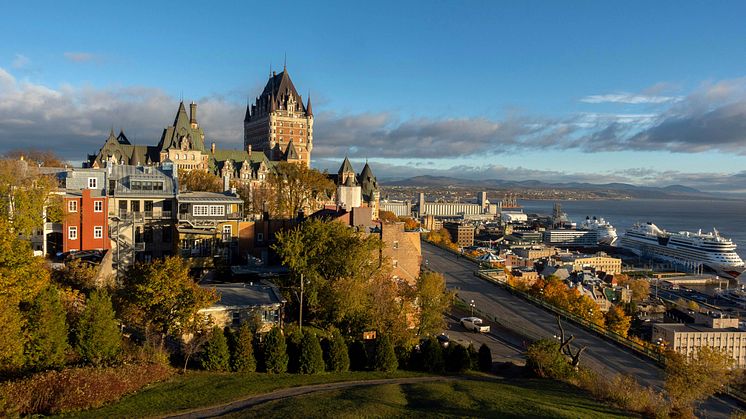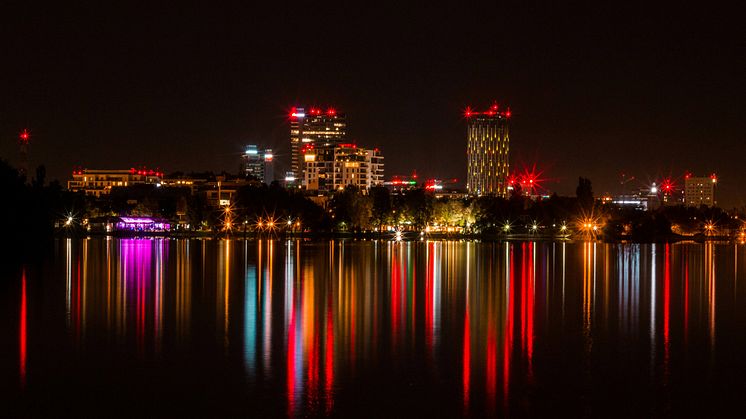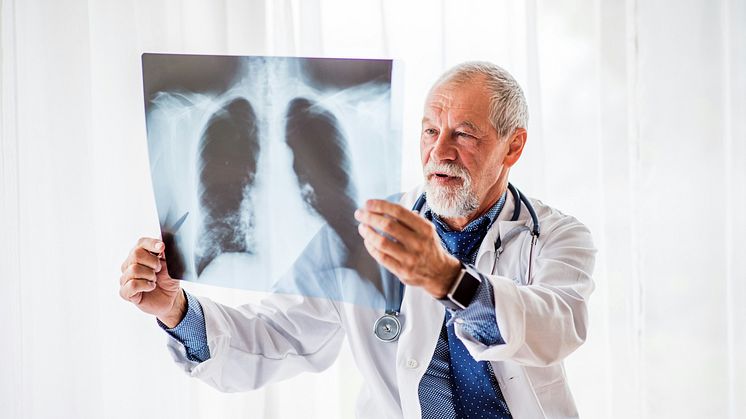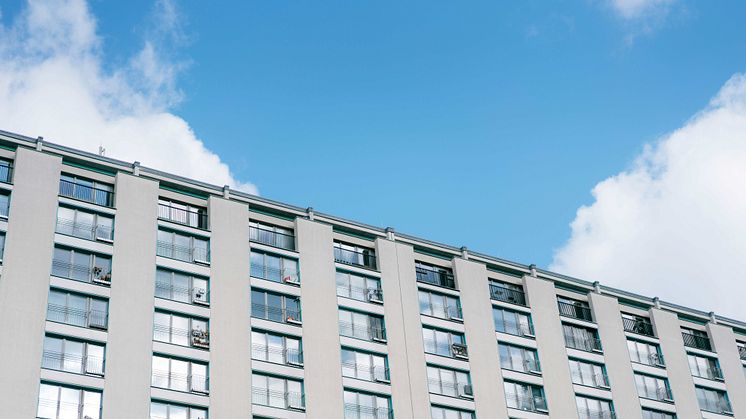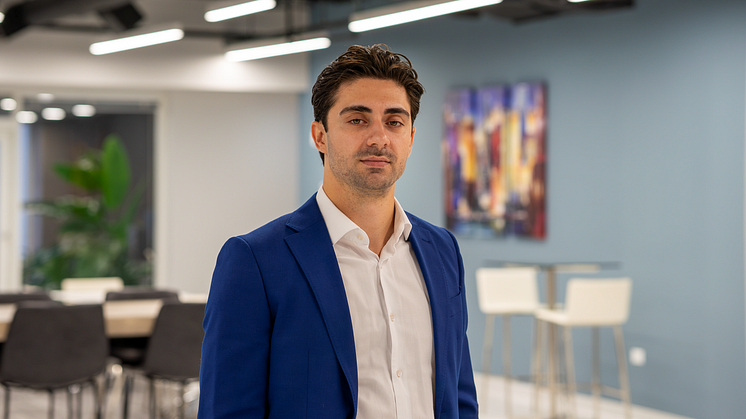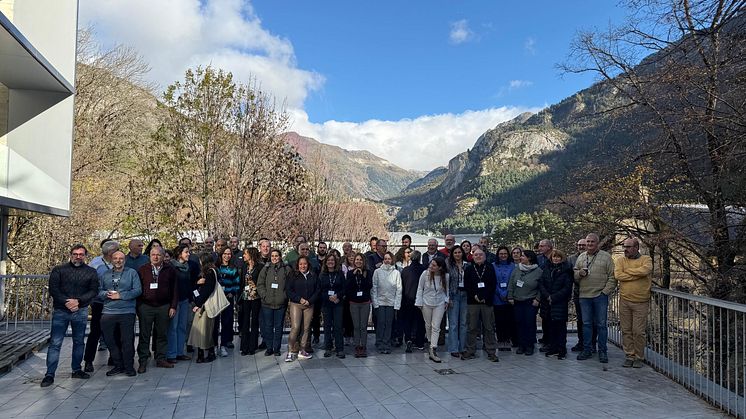With our modern laboratory in Uppsala, Sweden, facilities in North America, and customers in over 80 countries, we are the global leader when it comes to measuring radon. We employ over 35 highly trained administrative, technical and laboratory staff who are engaged in production, analysis, sales, technical support plus R & D. Our work is based on a customer-oriented perspective, and our objective is to always surpass your expectations with regard to quality, service and experience.
As an ISO 17025 accredited company we continually monitor our own performance making sure we meet and exceed stated quality and performance standards. We constantly review our procedures and team training to maintain and improve both our technical competence and client satisfaction. Our ability to offer an accurate and precise analysis service ensures reliability at all levels.







